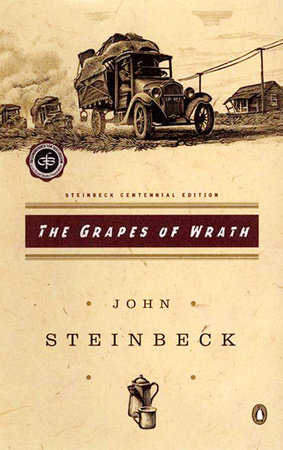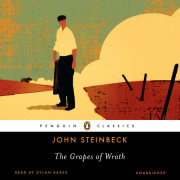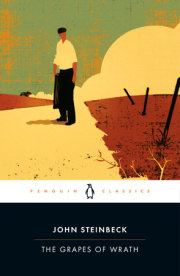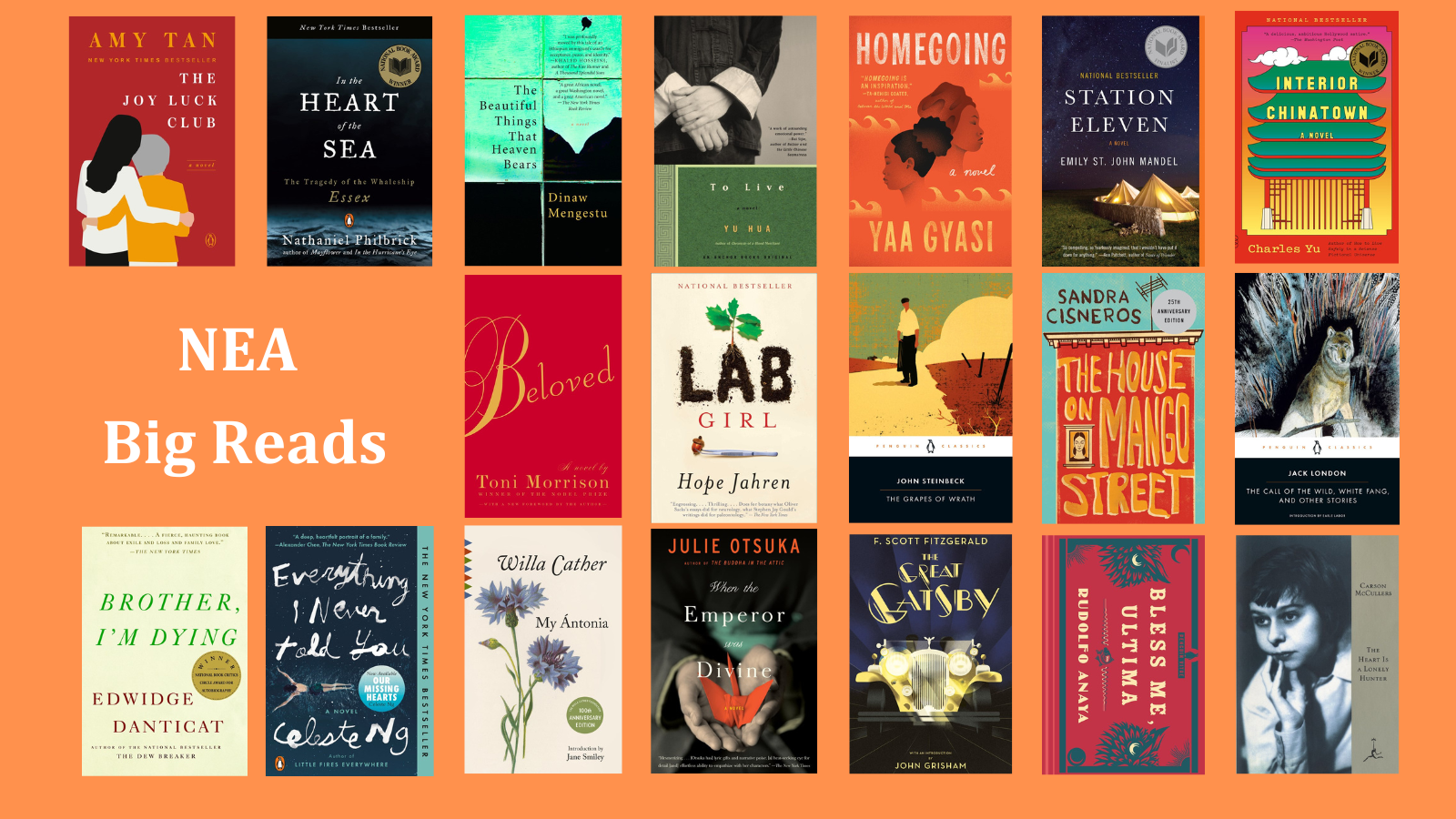John Steinbeck, born in Salinas, California, in 1902, grew up in a fertile agricultural valley, about 25 miles from the Pacific Coast. Both the valley and the coast would serve as settings for some of his best fiction. In 1919 he went to Stanford University, where he intermittently enrolled in literature and writing courses until he left in 1925 without taking a degree. During the next five years he supported himself as a laborer and journalist in New York City, all the time working on his first novel,
Cup of Gold (1929). After marriage and a move to Pacific Grove, he published two California books,
The Pastures of Heaven (1932) and
To a God Unknown (1933), and worked on short stories later collected in
The Long Valley (1938). Popular success and financial security came only with
Tortilla Flat (1935), stories about Monterey’s paisanos. A ceaseless experimenter throughout his career, Steinbeck changed courses regularly. Three powerful novels of the late 1930s focused on the California laboring class:
In Dubious Battle (1936),
Of Mice and Men (1937), and the book considered by many his finest,
The Grapes of Wrath (1939).
The Grapes of Wrath won both the National Book Award and the Pulitzer Prize in 1939.
Steinbeck received the Nobel Prize in Literature in 1962, and, in 1964, he was presented with the United States Medal of Freedom by President Lyndon B. Johnson. Steinbeck died in New York in 1968. Today, more than 30 years after his death, he remains one of America's greatest writers and cultural figures.
View titles by John Steinbeck













